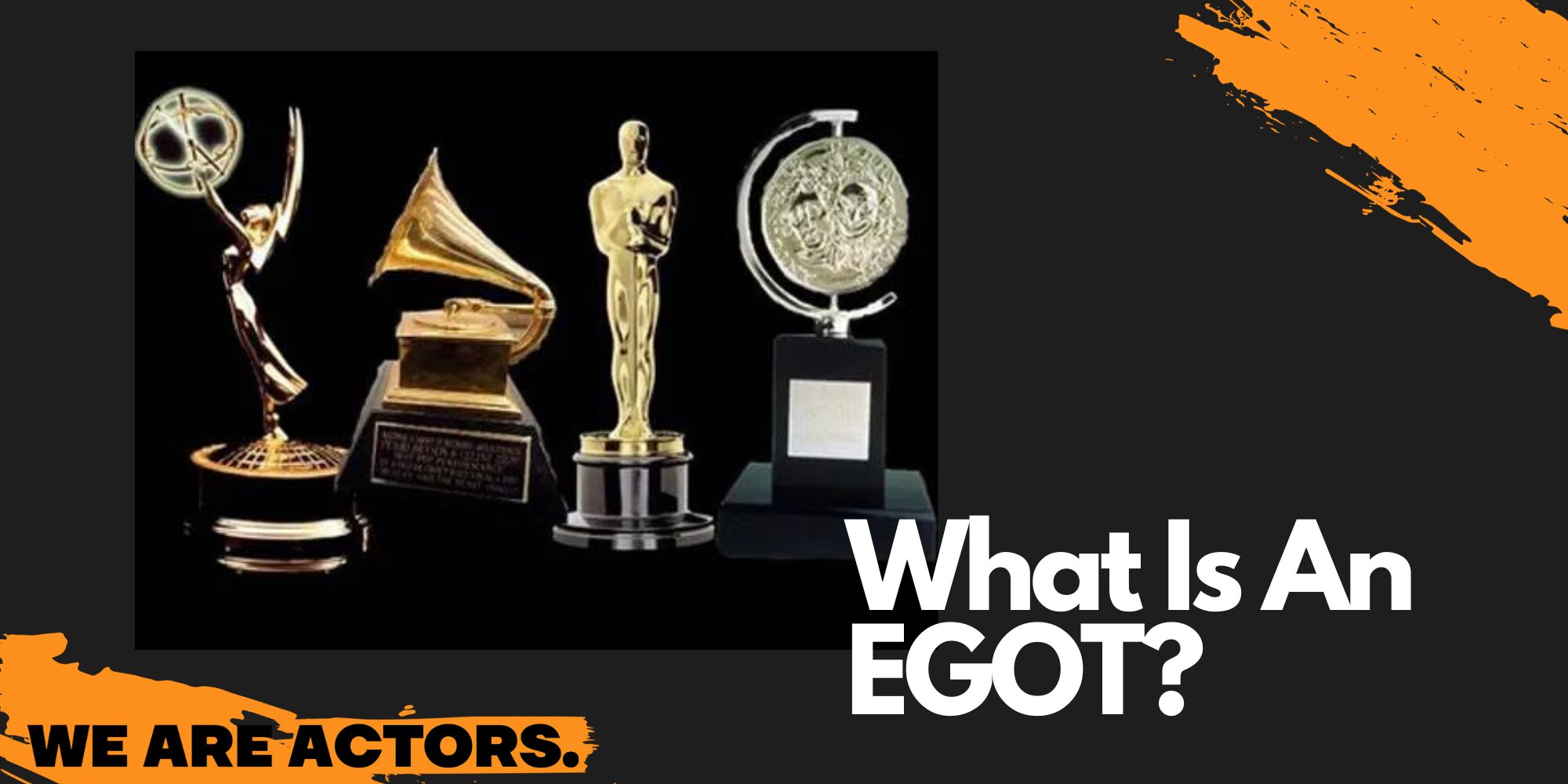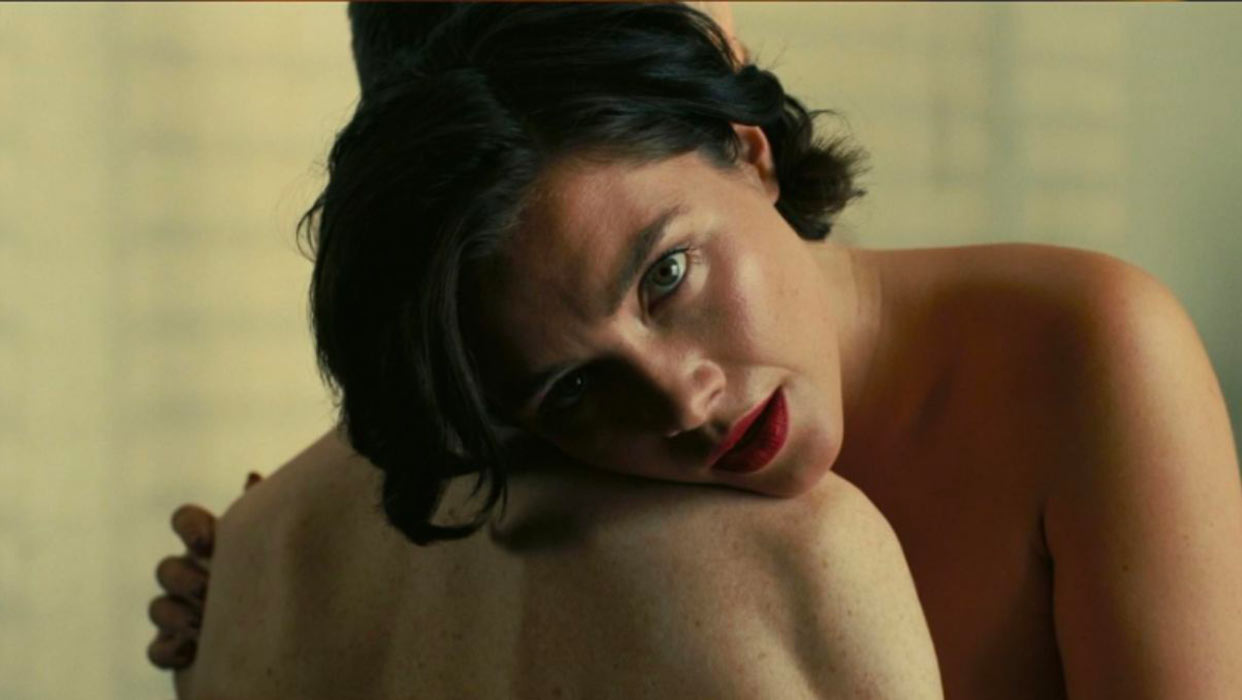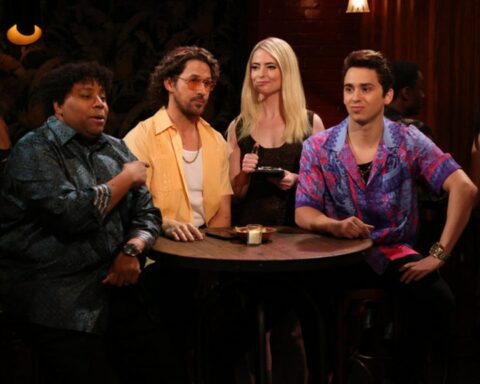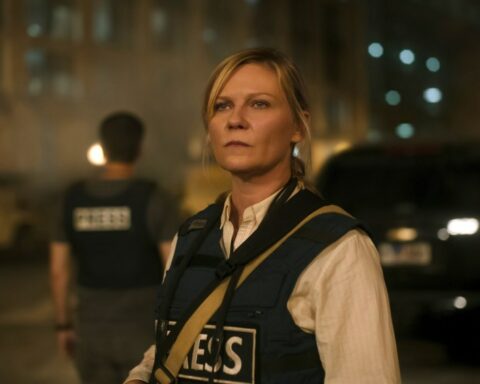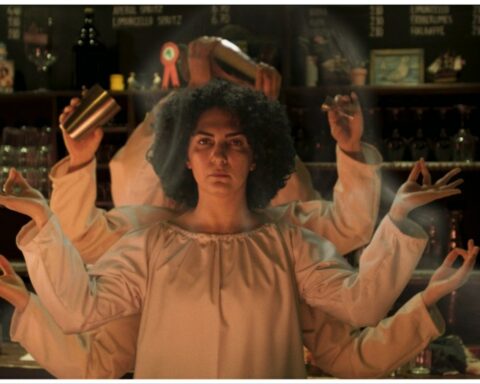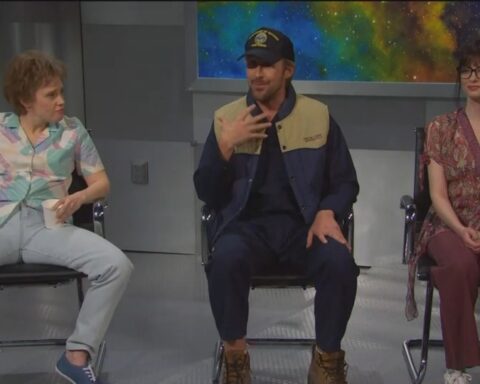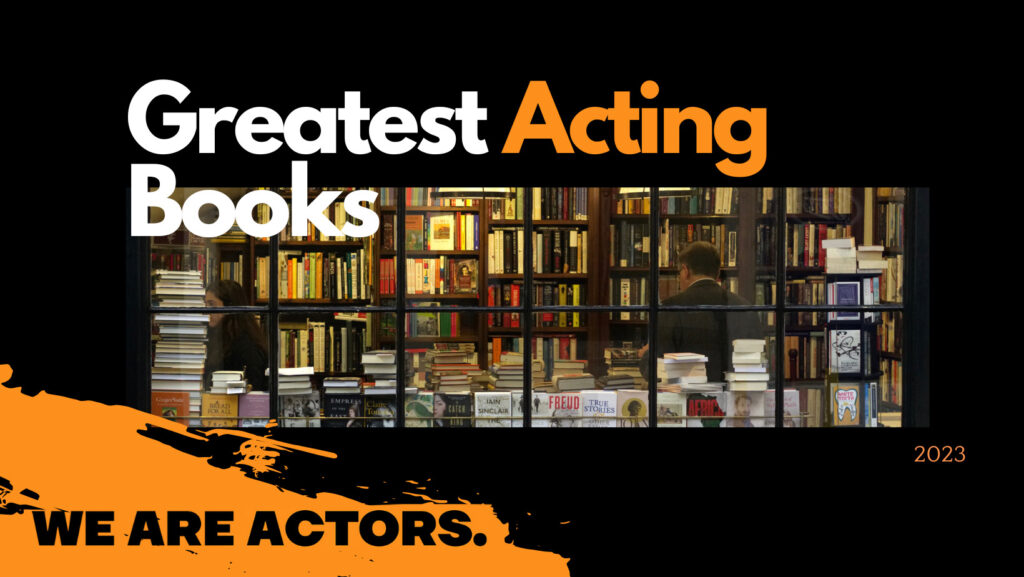
The journey of an aspiring actor is one filled with challenges, excitement, and continuous learning. One often overlooked but vital aspect of this journey is the importance of reading acting books. For actors, immersing themselves in the world of acting literature can significantly enhance their skills, provide valuable insights, and inspire personal growth.
An often asked question from many beginner actors is “What is the best book to read on acting?” Well, there are many great acting books out there on both history and acting theory. What I would say is that these books don’t require any sort of acting level prerequisite. The books mentioned below could (and should) be read by all actors novice or professional. When reading acting theory books it is important to realize there is not one set of rules or guidelines. Acting is an art (though some aspects of technique can be categorized by some as science) you must decide what works for you. Take from literature what speaks to you from all who teach and create your own way of working. Use the knowledge you get both from reading and class to form your own unique style of approaching text.
Acting Books
Acting books offer a treasure trove of knowledge, covering a wide range of topics such as acting techniques, character development, and the business side of the industry. By delving into these resources, aspiring actors can gain a deeper understanding of the craft, helping them navigate the complex world of acting more effectively. Moreover, reading acting books can instill a sense of ownership and passion for the craft, which can be incredibly motivating and empowering.
In addition, acting books provide the opportunity to learn from the experiences and expertise of seasoned professionals. Through these pages, aspiring actors can discover tried-and-tested methods, practical advice, and unique insights that can help them stand out in a highly competitive industry. By integrating the knowledge gained from these books, actors can continuously improve their skills and fuel their growth, both personally and professionally.
By investing time and effort into exploring these valuable resources, actors can unlock their full potential, paving the way for a successful and fulfilling career in the world of acting.
Essential Acting Books for Building a Strong Foundation
A well-rounded acting education begins with a strong foundation, and there are few better places to start than by exploring the works of Constantin Stanislavski and Lee Strasberg. These essential acting books will introduce you to the foundational techniques of the Stanislavski System and Method Acting, providing you with the tools and knowledge needed to excel in your craft.
Stanislavski’s System
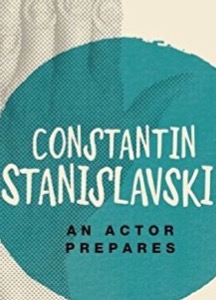
1. “An Actor Prepares” by Constantin Stanislavski
As one of the most influential acting books of all time, “An Actor Prepares” delves into the world of the Stanislavski System. This groundbreaking work teaches aspiring actors the importance of emotional truth, the significance of objectives, and the power of imagination. By understanding and implementing the lessons in this book, you’ll develop a strong foundation for creating authentic and compelling performances.
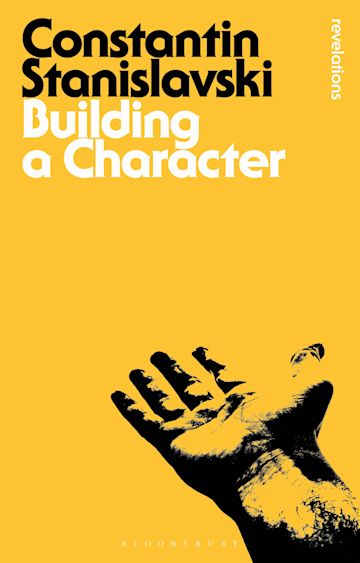
2. “Building a Character” by Constantin Stanislavski
As a follow-up to “An Actor Prepares,” “Building a Character” continues to explore the Stanislavski System, focusing on the physical aspects of acting. From movement and voice to gestures and facial expressions, this book offers invaluable insights into the process of developing a fully realized character. By studying and applying the techniques in this book, actors can create richer, more nuanced performances that captivate audiences.
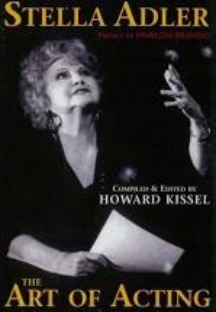
3. “The Art Of Acting” By Stella Adler
Stella Adler is arguably the most influential acting teacher in American history. Stella’s approach has an emphasis on the use of the imagination. She believed focusing too much on personal emotions was not a healthy way to approach the art of acting. Over her long career, both in New York and Hollywood, she offered her vast acting knowledge to generations of actors, including Marlon Brando, Warren Beatty, and Robert De Niro. In 1934 she went to Paris and personally studied with Stanislavsky for five weeks. Upon returning to the Group Theater she taught the other members all she had learned, many of whom went on to become notable theatrical directors and acting teachers.
There is a method behind the order of listing these books. Stanislavsky comes first because he is the Godfather of acting as far as we are concerned. Stella comes next, the most influential teacher to come out of the Group Theater and the only member to have personally studied with Stanislavsky.
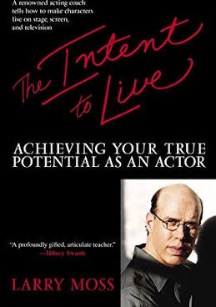
4. The Intent To Live By Larry Moss
“The Intent to Live: Achieving Your True Potential as an Actor” by Larry Moss is an insightful guide for aspiring actors seeking to hone their craft and deliver authentic performances. As a highly regarded acting coach, Moss shares his personal philosophy in this groundbreaking book, emphasizing that great actors don’t just act – they truly live in their roles. Larry Moss’s respect for actors and love of the craft enliven every page, together with examples from a wealth of plays and films, both current and classic, and vivid appreciations of great performances.
Larry Moss is one of the greatest living acting teachers of today. He is an encyclopedia of theater knowledge. He pushes actors to places they never thought they could go while uplifting and encouraging them.
Historical Acting Books
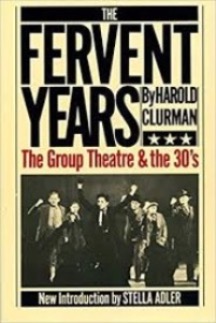
5. The Fervent Years By Harold Clurman
“The Fervent Years: The Group Theatre and the 30’s” by Harold Clurman is a compelling account of the influential Group Theatre, which was a groundbreaking experiment in American theater during the 1930s. As one of the founders of the Group Theatre, Clurman shares an insider’s perspective on the history he helped create alongside renowned figures such as Lee Strasberg, Elia Kazan, Irwin Shaw, Clifford Odets, Cheryl Crawford, Morris Carnovsky, and William Saroyan. The book delves into the story of the Group Theatre, the theatrical movement it ignited, and its lasting impact on American theater. “The Fervent Years” offers a captivating look at a pivotal era in theater history and provides invaluable insights into the lives and work of the artists who shaped it.
Some of you might be wondering what this book is doing on the list. We are aware this is not an acting theory book. It is an incredibly important read because it is a remarkable behind the scenes account of the greatest theater company in American history, The Group Theater. This book is the history of American theater lead by the most influential actors, directors, writers and teachers of our time. The tales will inspire you and make you understand what the theater and the craft meant to those who came before us. I believe all who get involved in a craft (any craft) should understand its history to truly appreciate the art.
Method Acting
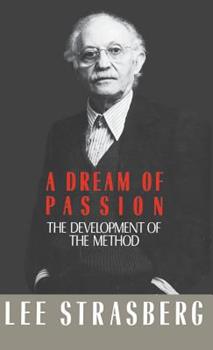
6. “A Dream of Passion” by Lee Strasberg
In “A Dream of Passion,” Lee Strasberg, the pioneer of Method Acting, shares his insights and experiences in developing this revolutionary acting technique. Drawing from his work with the Actors Studio, Strasberg explains the core principles of Method Acting, including emotional memory, sense memory, and relaxation. By mastering the techniques outlined in this book, actors can achieve a deep emotional connection to their characters, leading to more powerful and believable performances.
By immersing yourself in these essential acting books, you’ll gain a solid understanding of the core principles and techniques of the Stanislavski System and Method Acting. These foundational works will equip you with the skills and knowledge necessary to excel in the world of acting, setting you on the path to success in this dynamic and rewarding industry.
Acting Books for Character Development and Emotional Depth
Developing complex, emotionally rich characters is an essential aspect of an actor’s craft. By exploring the following acting books, you’ll gain valuable insights and techniques that will help you dive deeper into your characters, providing them with emotional depth and making your performances truly memorable.
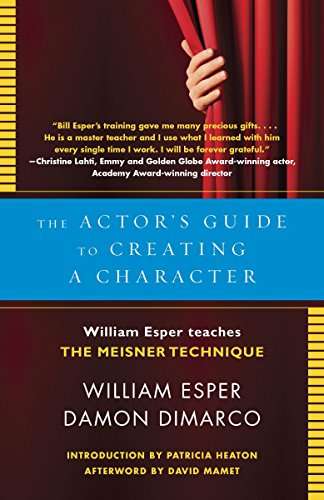
7. “The Actor’s Art and Craft” by William Esper and Damon DiMarco
In “The Actor’s Art and Craft,” renowned acting teacher William Esper and writer Damon DiMarco present a comprehensive guide to the Meisner Technique, an acting method known for its emphasis on emotional truth and authentic reactions. Through detailed explanations and practical exercises, this book will help you explore your emotional range, refine your instincts, and develop genuine connections with scene partners. By mastering the Meisner Technique, you’ll be able to create multi-dimensional characters that resonate with audiences.
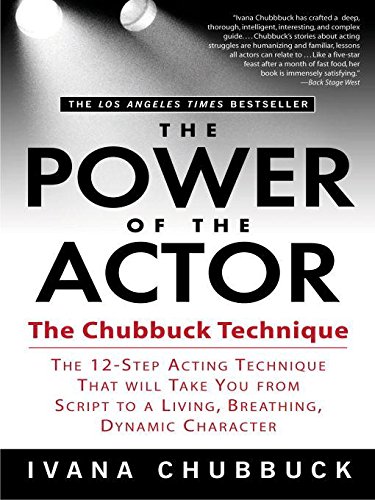
8. “The Power of the Actor” by Ivana Chubbuck
Ivana Chubbuck’s “The Power of the Actor” is a revolutionary acting guide that introduces the Chubbuck Technique, a 12-step acting method designed to help actors create emotionally charged performances. By delving into this book, you’ll learn how to use your personal experiences and emotions to fuel your characters, giving them depth and authenticity. Chubbuck’s method has been embraced by many successful actors, proving its effectiveness in creating powerful, emotionally resonant performances.
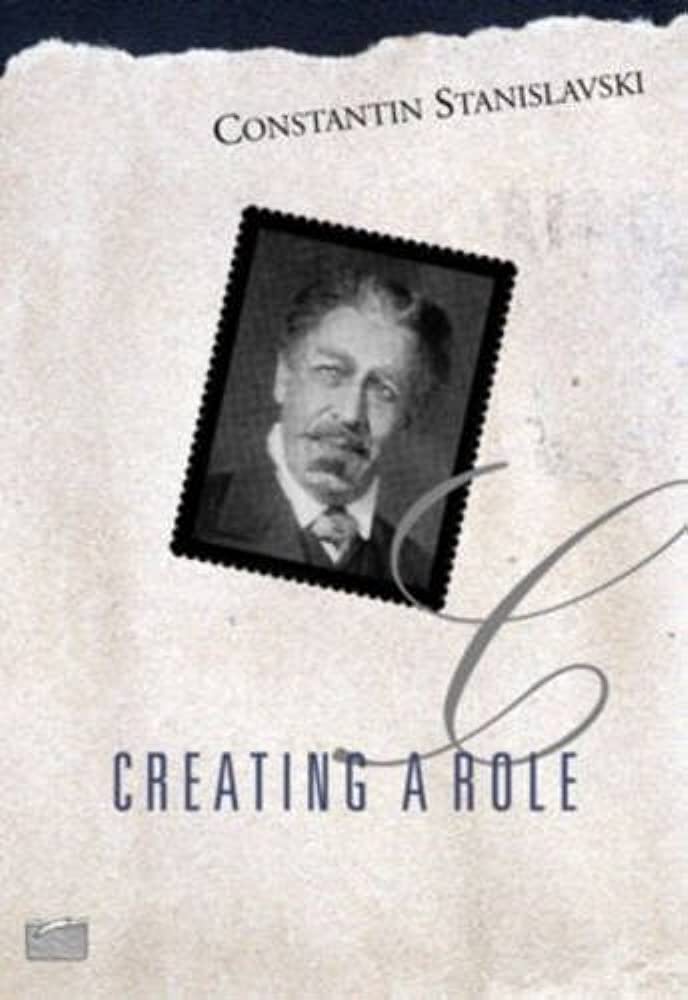
9. “Creating a Role” by Constantin Stanislavski
“Creating a Role” is the final installment in Constantin Stanislavski’s trilogy, building on the concepts introduced in “An Actor Prepares” and “Building a Character.” This book focuses on the process of developing a character from script analysis to performance. Stanislavski provides guidance on how to analyze a script, find your character’s objectives, and create a compelling emotional arc. By applying the techniques in this book, you’ll be able to craft multi-faceted characters that engage and captivate audiences.
By studying these acting books, you’ll acquire the tools and insights needed to develop emotionally complex characters that truly come to life on stage and screen. These resources will help you unlock your full potential as an actor, enabling you to create unforgettable performances that leave a lasting impact on your audience.
The Business Side of Acting
To succeed in the competitive world of acting, it’s essential to understand not only the artistic aspects of the craft but also the business side. By mastering the strategies and skills outlined in the following books, you’ll be better equipped to navigate the acting industry and turn your passion into a sustainable career.
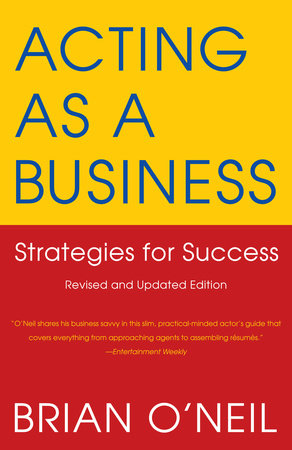
10 “Acting as a Business” by Brian O’Neil
In “Acting as a Business,” Brian O’Neil provides a comprehensive guide to help actors navigate the professional aspects of their careers. This essential book covers topics such as auditioning, networking, and creating a personal brand, as well as providing practical advice on securing representation, negotiating contracts, and understanding industry trends. By implementing the strategies in this book, you’ll be better prepared to build a successful and fulfilling career in the acting industry.
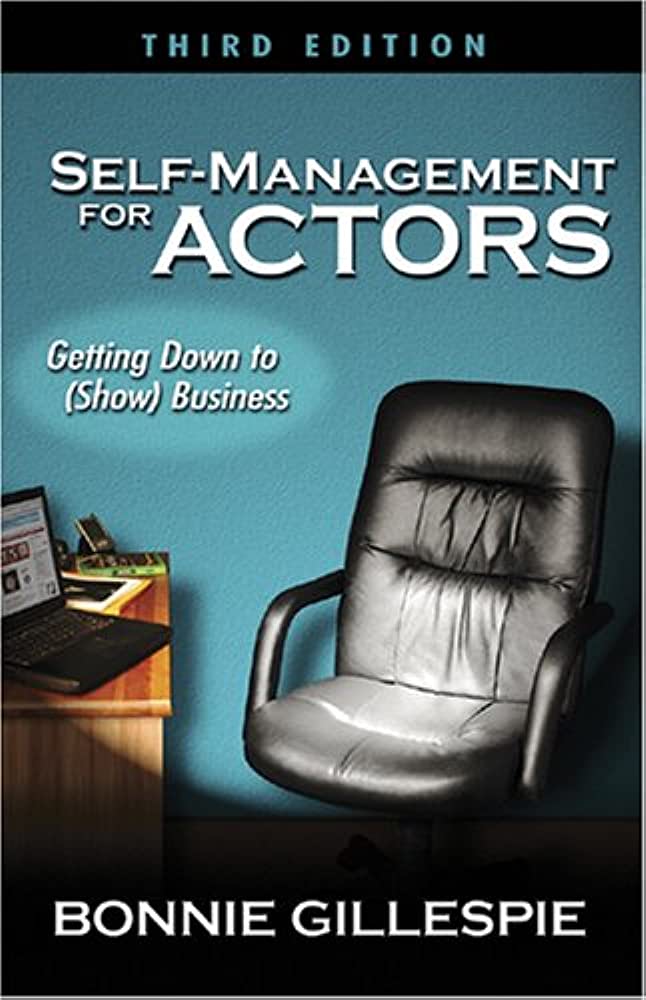
11 “Self-Management for Actors” by Bonnie Gillespie
“Self-Management for Actors” by Bonnie Gillespie is an invaluable resource for actors looking to take control of their careers. Gillespie’s book offers practical advice on creating a unique brand, marketing yourself effectively, and building a strong online presence. In addition, it covers essential topics such as goal-setting, time management, and harnessing the power of social media to connect with industry professionals and showcase your talents. By mastering the techniques in this book, you’ll be able to manage your acting career proactively and make informed decisions that will help you achieve your goals.
By exploring these books on the business side of acting, you’ll gain the knowledge and skills necessary to navigate the complexities of the acting industry. With a strong foundation in both the artistic and business aspects of acting, you’ll be better positioned to create a successful and enduring career in this highly competitive field.
Improvisation and Comedy
The art of improvisation and comedy is an invaluable skill for actors looking to enhance their range and versatility on stage and screen. By studying the techniques and exercises in the following books, you’ll be able to hone your improvisational skills, think on your feet, and bring humor and authenticity to any performance.
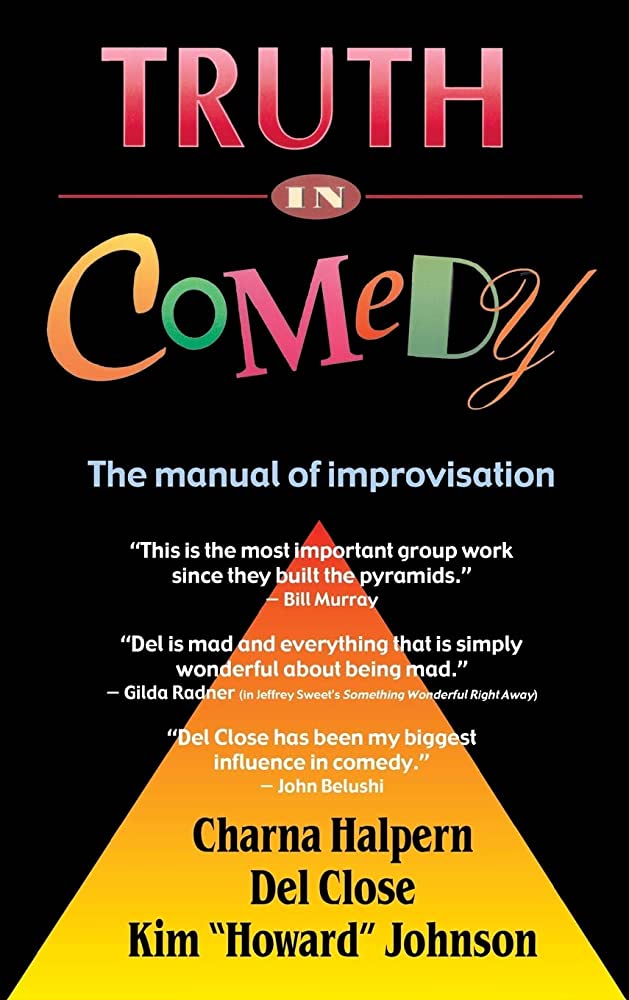
12 “Truth in Comedy” by Del Close, Charna Halpern, and Kim Johnson
In “Truth in Comedy,” esteemed founders of long-form improvisational theatre Del Close and Charna Halpern, along with Kim Johnson, introduce readers to the groundbreaking acting exercise known as “The Harold.” This innovative approach emphasizes pattern recognition, connection building, and character development, encouraging actors to find truth and humor in their performances. By mastering the techniques outlined in this book, you’ll be able to create engaging, spontaneous scenes while developing a deeper understanding of the principles of improvisational comedy.
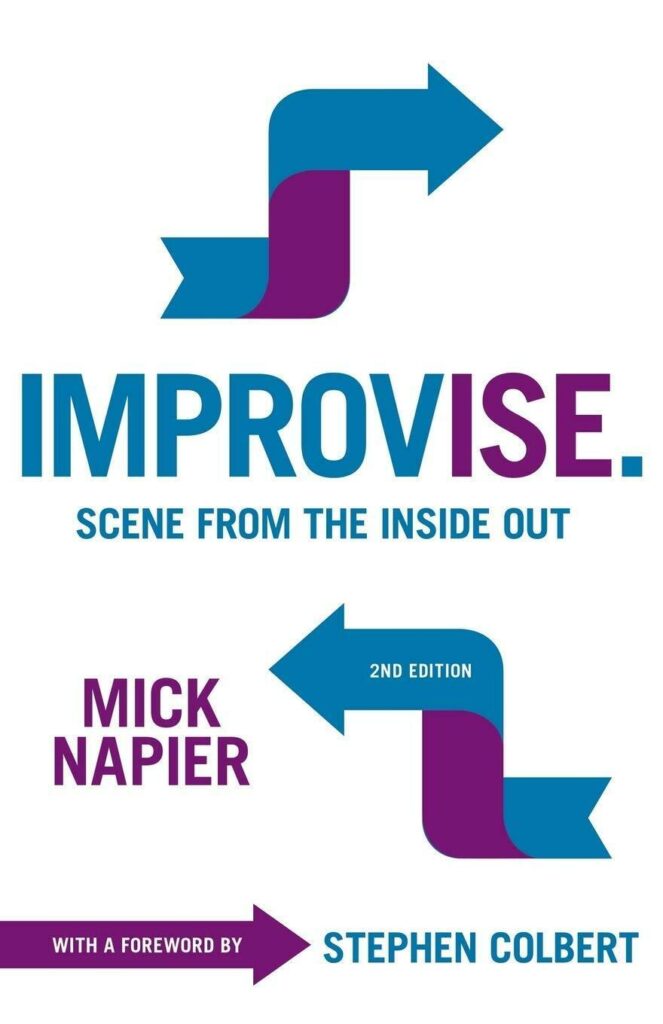
13 “Improvise: Scene from the Inside Out” by Mick Napier
“Improvise: Scene from the Inside Out” by Mick Napier is a must-read for actors looking to improve their improvisational skills and create compelling, funny scenes. Napier’s book offers valuable insights into the art of improvisation, providing practical exercises and techniques that will help you develop your instincts, trust your impulses, and make strong choices in the moment. By exploring the concepts in this book, you’ll gain a deeper understanding of the improvisational process and be better equipped to create dynamic, engaging scenes that leave audiences laughing and wanting more.
By studying improvisation and comedy through these influential books, you’ll be able to expand your skill set as an actor, making you more versatile and adaptable in your performances. By embracing the spontaneity and authenticity of improv, you’ll be able to bring a unique, fresh perspective to any role, both on stage and screen.
Voice, Movement, and Physicality
Mastering voice, movement, and physicality is essential for actors seeking to create fully realized, dynamic characters. By exploring the techniques and exercises presented in the following books, you’ll be able to develop a strong vocal presence, enhance your physical awareness, and create compelling performances that captivate audiences.
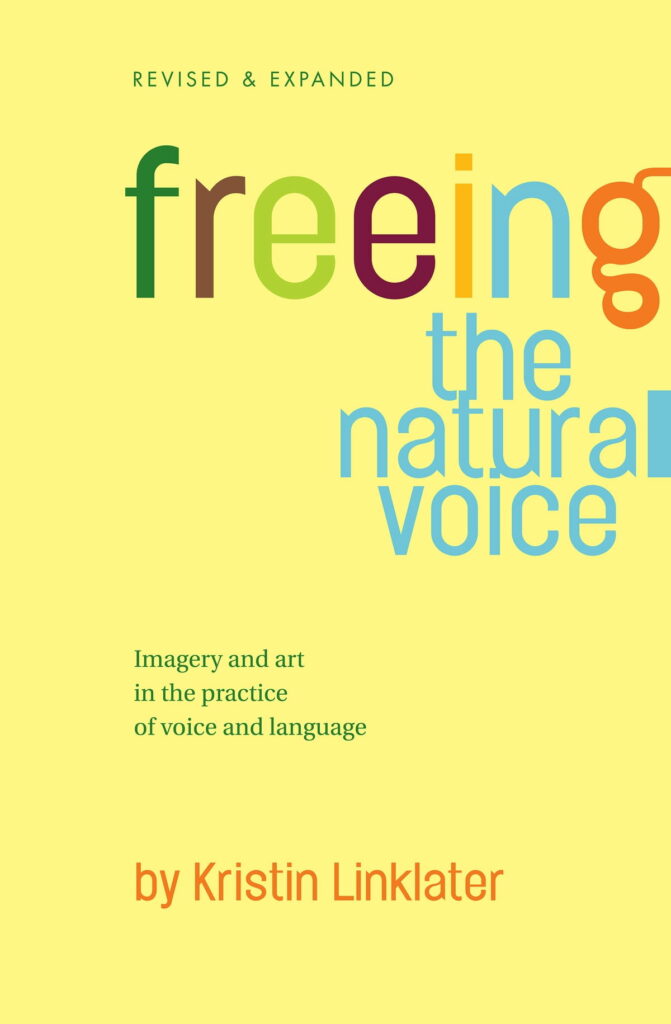
14 “Freeing the Natural Voice” by Kristin Linklater
In “Freeing the Natural Voice,” renowned voice teacher Kristin Linklater shares her expertise on voice training and vocal techniques. Linklater’s approach focuses on unlocking the full potential of your natural voice, allowing you to express yourself freely and authentically on stage and screen. Through a series of exercises and practical techniques, this book will help you improve your vocal resonance, projection, and flexibility, enabling you to deliver powerful, emotionally connected performances that resonate with audiences.
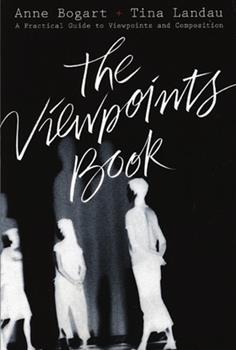
15 “The Viewpoints Book: A Practical Guide to Viewpoints and Composition” by Anne Bogart and Tina Landau
“The Viewpoints Book” by Anne Bogart and Tina Landau offers a comprehensive guide to the Viewpoints approach, a technique that focuses on movement, physicality, and the actor’s relationship to space and time. By exploring the concepts and exercises presented in this book, you’ll be able to develop a heightened sense of physical awareness, allowing you to create dynamic, engaging characters that come alive on stage and screen. As you delve into the principles of Viewpoints and Composition, you’ll also learn to create visually compelling stage compositions, enhancing the overall impact of your performances.
By studying voice, movement, and physicality through these influential books, you’ll gain a deeper understanding of the actor’s craft and be better equipped to create captivating, multi-dimensional performances. Embracing the techniques and exercises presented in these books will enable you to develop a strong vocal and physical presence, enriching your work as an actor and setting you apart from the competition.
Acting for Film and Television
Transitioning from stage to screen requires actors to adapt their skills and techniques to the unique demands of film and television. By studying the essential books listed below, you’ll learn the secrets of screen acting, explore camera techniques, and gain valuable insights into creating compelling, believable performances for the camera.
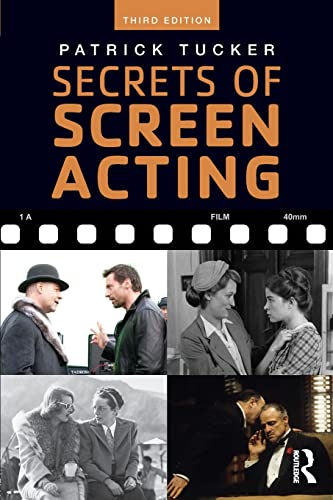
16 “Secrets of Screen Acting” by Patrick Tucker
In “Secrets of Screen Acting,” director and acting coach Patrick Tucker offers a comprehensive guide to the art of screen acting. Drawing on his extensive experience in the film and television industry, Tucker shares invaluable tips and techniques that will help you master the subtleties of on-camera performance. This book covers a range of topics, including understanding the camera’s perspective, working with different shot types, and developing an effective on-screen presence. By applying the insights and strategies presented in “Secrets of Screen Acting,” you’ll be better equipped to deliver powerful, engaging performances that resonate with viewers and stand out in the competitive world of film and television.
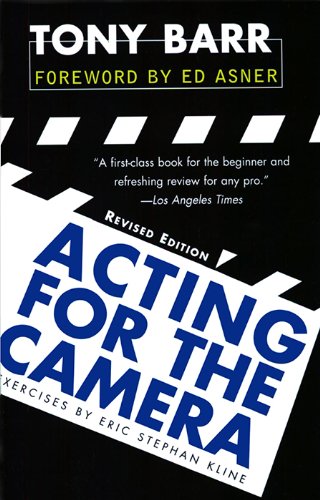
17 “Acting for the Camera” by Tony Barr
“Acting for the Camera” by Tony Barr provides an in-depth exploration of the techniques and principles essential to success in the world of film and television acting. Drawing on his extensive experience as an actor, director, and teacher, Barr shares practical advice on how to create authentic, emotionally connected performances for the camera. This book covers crucial topics such as understanding the technical aspects of film production, adapting stage techniques for the screen, and developing strong relationships with directors and fellow actors. By studying “Acting for the Camera,” you’ll gain a deeper understanding of the unique challenges and rewards of film and television acting, enabling you to hone your craft and excel in this highly competitive field.
Here Are Some FAQs On Acting Books
Which acting books focus on the Stanislavski System?
Answer: "An Actor Prepares," "Building a Character," and "Creating a Role" by Constantin Stanislavski are three essential books that discuss the Stanislavski System of acting. This system is based on psychological realism and emphasizes the actor's inner life to create authentic performances.
Are there any acting books specifically for playwrights and directors?
Answer: Yes, there are several books that cater to playwrights and directors. Some notable titles include "The Empty Space" by Peter Brook, "The Director's Craft" by Katie Mitchell, and "Backwards and Forwards: A Technical Manual for Reading Plays" by David Ball. These books focus on aspects like play analysis, staging, and directing techniques.
What acting books are recommended for improving audition techniques?
Answer: Some popular books to help actors with audition techniques include "Audition" by Michael Shurtleff, "The Actor's Guide to Auditions and Interviews" by Margo Annett, and "Self-Management for Actors: Getting Down to (Show) Business" by Bonnie Gillespie. These books provide guidance on audition preparation, understanding casting directors' expectations, and navigating the audition process.
Which books focus on improvisation and comedy in acting?
Answer: Some well-regarded books on improvisation and comedy in acting include "Truth in Comedy: The Manual for Improvisation" by Charna Halpern, Del Close, and Kim Johnson, "Improvise: Scene from the Inside Out" by Mick Napier, and "Improv Wisdom: Don't Prepare, Just Show Up" by Patricia Ryan Madson. These books provide techniques and insights to help actors develop their improvisational and comedic skills.
Are there any acting books that focus on voice and speech techniques for actors?
Answer: Yes, there are several books that concentrate on voice and speech techniques for actors. Some noteworthy titles include "Freeing the Natural Voice" by Kristin Linklater, "The Voice Book: Caring For, Protecting, and Improving Your Voice" by Kate DeVore and Starr Cookman, and "Speak With Distinction: The Classic Skinner Method to Speech on the Stage" by Edith Skinner. These books offer actors valuable tips and exercises to improve vocal quality, articulation, and projection.
By immersing yourself in the knowledge and expertise offered by these essential books, you’ll be well-equipped to transition from stage to screen and create captivating, memorable performances in film and television. Embrace the techniques and insights presented in these resources to refine your on-camera skills, stand out from the competition, and achieve success in the world of screen acting.

